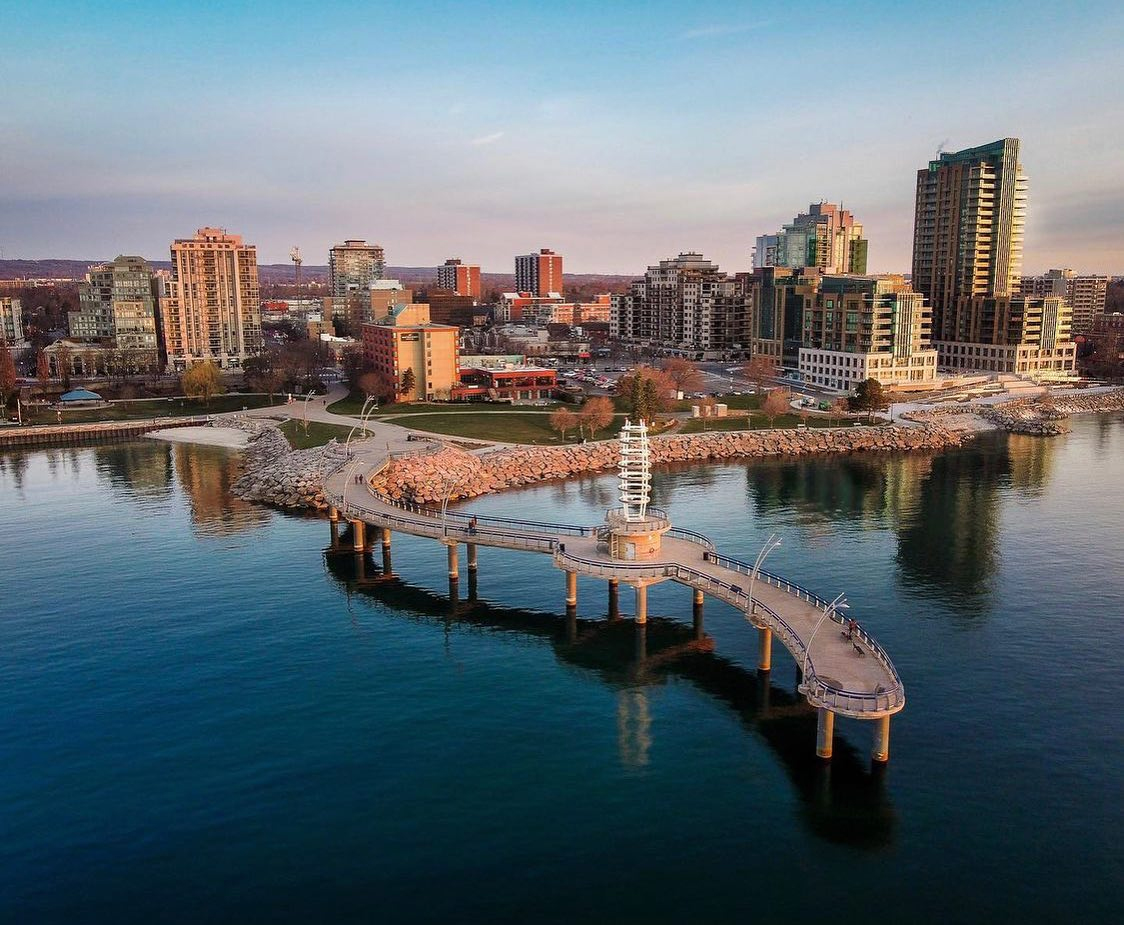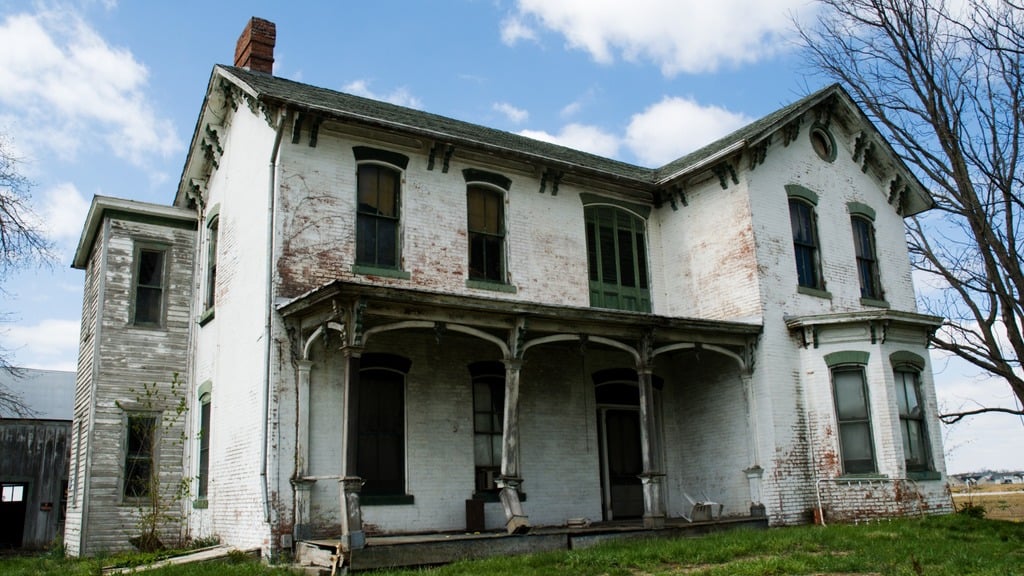Are you looking for a charming destination to explore with your family in the heart of Ontario? Look no further than Burlington, a picturesque city offering a plethora of delightful attractions that cater to both young and old. Nestled on the shores of Lake Ontario, Burlington welcomes visitors with open arms and an array of activities to create lasting memories. Whether you’re a local or a traveler passing through, here are the best attractions this charming city has to offer for families.
1. Royal Botanical Gardens
Embark on a green adventure at the Royal Botanical Gardens, a lush oasis sprawled over 2,700 acres of natural beauty. Enthusiastic horticulturists and nature lovers will be enthralled by the diverse plant collections, including rare species and breathtaking blooms. For families with curious kids, the RBG offers educational programs and interactive exhibits that open up the wonders of the botanical world. Stroll through the serene gardens, discover hidden gems, and bask in the serenity of nature.
2. Spencer Smith Park
Unwind and bask in the beauty of Lake Ontario at Spencer Smith Park. This waterfront gem is the perfect spot for a family day out, offering a tranquil setting and a host of recreational activities. Let the kids run free in the playground, have a delightful picnic on the lush green lawns, or take a leisurely stroll along the lakefront. During the summer, the park comes alive with vibrant festivals and events, making it an ideal spot for family-friendly entertainment.
3. Burlington Art Centre
Foster your family’s artistic sensibilities at the Burlington Art Centre. With its fascinating exhibits and interactive art workshops, the center sparks creativity and inspiration for all ages. From modern masterpieces to traditional Canadian art, the collections here showcase an impressive range of artistic expressions. Engage in hands-on activities and witness the magic of art come to life, leaving you with cherished family masterpieces to remember the experience.
4. Burlington Waterfront Trail
For those seeking a blend of outdoor adventure and scenic beauty, the Burlington Waterfront Trail promises an unforgettable experience. This multi-use trail stretches along Lake Ontario, offering breathtaking views and a chance to explore the city’s natural treasures. Whether you choose to walk, bike, or rollerblade, the trail accommodates all preferences. Pack a picnic and relish in the tranquil ambiance of the waterfront while watching sailboats glide along the horizon.
5. Mount Nemo Conservation Area
Venture into the wilderness and connect with nature at the Mount Nemo Conservation Area. This stunning conservation park boasts awe-inspiring cliffs and ancient forests, making it an ideal destination for hiking enthusiasts and nature-loving families. Engage in birdwatching and marvel at the diverse species of flora and fauna that call this area home. A day spent at Mount Nemo is a day well-spent, exploring the wonders of Mother Nature.
6. Amazing Adventures Playland
Every child’s dream comes true at the Amazing Adventures Playland. This family-friendly indoor playground offers a safe and exhilarating environment for kids to burn off energy and explore their imaginations. From climbing structures and slides to interactive games, the playland ensures hours of entertainment. While the kids play, parents can relax and enjoy the playland’s amenities, knowing their little ones are having a blast.
Burlington, Ontario, is a treasure trove of family-oriented attractions that will leave you in awe of its natural beauty and engaging activities. Whether you’re exploring the vast landscapes of the Royal Botanical Gardens, creating art together at the Burlington Art Centre, or enjoying the serenity of Spencer Smith Park, the city offers something for everyone. So, if you’re considering moving to this wonderful city, you might want to check out the homes for sale in Burlington with the assistance of a reliable real estate agent who understands your needs as first-time home buyers. Realtor ca listings in Burlington are vast, so you’re sure to find your dream home in this charming city that caters to families with open arms.










